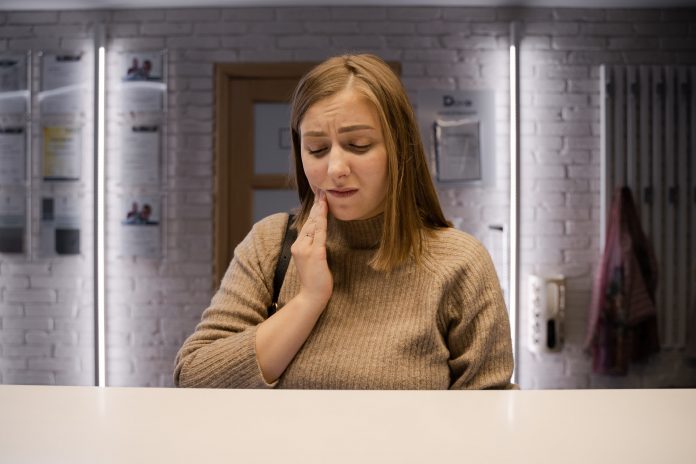Table of Contents
Tooth Extraction
Teeth mean to stay as long as your last breath but it often gets damaged by tooth decay or any other issue. Tooth extraction is the process that is used to remove your tooth permanently from your mouth.
Tooth extraction is the term that is painless tooth removal with minor trauma to the surrounding tissues. It is done to let the socket heal uneventfully.
The very first concern of the professional is to make it happen to heal the affected area as soon as possible. Many oral surgeons have some printed instructions that they hand over to the patients after the tooth extraction surgery.
Post-surgery care is the most that can help your socket to heal smoothly and quickly. The best dental surgeon in Islamabad shared in the conference that dry socket is a condition that can cause damage to your gums and tissues. You should follow the instructions to avoid infections and the chance of a dry socket.
Here are some tips that are useful for tooth extraction.
Dos after the tooth extraction:
Get Enough Rest:
In the first 24 hours, you should avoid doing any physical activity that can interrupt your healing process. Dentists always suggest taking rest that can increase the healing process. It gives you a great feeling but you need to avoid any exercise. Lying position also matters when it comes to the healing process. To avoid the bleeding, you should lie down by alleviating your head as flat-lying is not an ideal position.
Use Ice Packs
Ice packs are a common therapy for relieving pain and reducing inflammation. After the tooth extraction surgery, you should go for the ice packs. Put them on the affected area of the face for a few minutes. It will numb the affected area and help in reducing the swelling.
In some cases, it takes time to swell the affected area face side. You may have swelling after a few days of the tooth extraction surgery. You shouldn’t wait for 24 hours after tooth extraction as it will prevent swelling in the future. Apply it 15 minutes on and 15 minutes off.
Allow the clot
Experts believe that you should allow the clot to be formed that covers the extraction tooth site. When your tooth extraction is done, your dentist will provide you with a piece of gauze and ask you to bite on the extraction site.
You need to bite on this gauze piece for at least an hour. Why? Well, it puts pressure over the wound and reduces the chances of bleeding. It is best practice to allow a clot that you bite on it for longer. Clot leads to dislodging the nerve endings and exposure.
Capillaries and nerves limit the essential blood supply that prolongs healing. You can put a wet tea bag on the site if the bleeding persists.
Don’ts after the Tooth Extraction Surgery
Well, the prevention tips are more crucial to avoid damage. Here are some don’ts that you need to avoid.
Avoid smoking:
for the first two days, you need to avoid smoking as it does slow down the process of healing. It happens due to the chemicals that are found in nicotine as it interrupts clotting and increases the risk of developing a dry socket after three days of extraction surgery.
Do not sip:
Sipping and veggies intake is not a good fit for people who just have a tooth extraction. Take soft and liquid foods, such as soup, milkshakes, smoothies, etc
Avoid eating solid foods:
When you sense numbness in the affected area, you should not choose solid foods. It might be possible that you cut on your tongue while eating the food or chew from the affected area. Start eating solids until you feel your jaws. Yogurt, mashed potatoes, and drinks are the best diet.
Avoid Junk Foods
Avoid eating junk foods such as oily foods burgers, chips, and candies. The consumption of these food causes more harm and result in causes infection and molecular space infection that causes an abscessed tooth is a pocket of pus that can form in different parts of a tooth as a result of a bacterial infection. It’s sometimes called a dental abscess. An abscessed tooth causes moderate to severe pain that can sometimes radiate to your ear or neck.
Final Thought
Swelling can occur after the two days of the surgery. You should use ice packs to reduce it but if you have chills, visit your dentists for medical help.


















